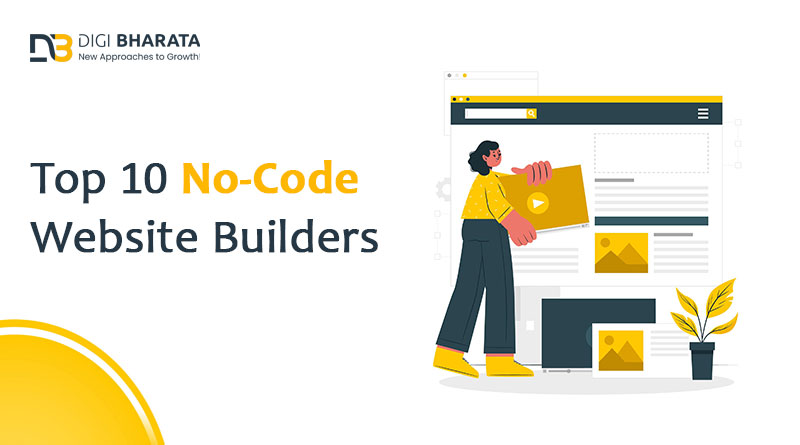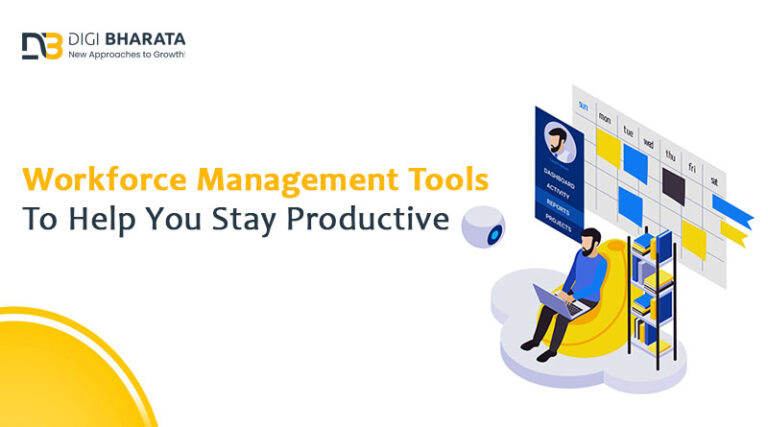In the ever-evolving digital landscape, the demand for user-friendly and efficient website-building tools has never been higher.
No-code website builders have emerged as a game-changer, allowing individuals and businesses to create stunning websites without the need for extensive coding knowledge.
As we step into 2024, we’re here to unveil the top 10 no-code website builders that will make your web development journey a breeze.
Table of Contents
Benefits of No-Code Website Builders
No-code website builders offer a host of benefits, which is why they’ve gained immense popularity in recent years:
1. Accessibility
No-code website builders make web development accessible to anyone, regardless of their technical skills. Professional websites can be developed without the need for coding expertise.
2. Speed
These tools enable rapid website development. You can have your site up and running in a matter of hours, if not minutes, thanks to the user-friendly interfaces and pre-designed templates.
3. Cost-Effective
Using no-code website builders is frequently a more budget-friendly option compared to employing a professional web developer. You can craft an attractive website without exceeding your budget.
4. Customization
Despite the no-code label, these platforms allow for extensive customization. You can make your website unique by tweaking layouts, colors, fonts, and more.
5. Responsive Design
Most no-code website builders offer responsive design options, ensuring your website looks great on any device.
Most Used No-Code Website Builders
1. Wix
Wix, known for its user-friendly interface, goes beyond the basics of website creation. With an extensive library of customizable templates, users can effortlessly create websites that suit their unique vision.
The intuitive drag-and-drop editor simplifies the design process, making it easy for beginners and experienced users alike.
Furthermore, Wix offers a plethora of add-ons through its App Market, allowing users to integrate various features like e-commerce, social media feeds, and more, enhancing the functionality of their websites.
2. Squarespace
Squarespace is a top choice for creative professionals who want to showcase their work elegantly. Known for its artistically-driven templates, Squarespace enables users to craft visually stunning websites with ease.
What sets Squarespace apart is its seamless integration of e-commerce capabilities. Whether you’re an artist, photographer, or small business owner, you can effortlessly display your products or services while maintaining the aesthetic appeal of your website.
3. Weebly
Weebly excels in simplicity, making it an ideal choice for those new to web development. Its straightforward drag-and-drop builder allows users to create stylish and functional websites without a steep learning curve.
Weebly offers a range of pre-designed templates that cater to various industries, and its ease of use ensures that users can quickly build a web presence for their personal or business needs.
4. Webflow
Webflow bridges the gap between no-code and low-code platforms, making it suitable for beginners and experienced developers. It empowers users to dive deeper into the design process with intricate control over their websites’ appearance and functionality.
Webflow offers a visually-based design approach combined with the ability to write custom code, providing a unique blend of freedom and control.
5. WordPress.com
WordPress.com is a favored choice for bloggers, offering the robust features of the WordPress platform with a user-friendly interface. It eliminates the need to worry about hosting, security, or maintenance, allowing bloggers to focus on creating content.
WordPress.com’s extensive library of themes and plugins further enhances the blogging experience, providing a versatile platform for bloggers to reach their audience.
6. Shopify
Shopify stands out as the premier no-code website builder for e-commerce. It caters to businesses of all sizes, providing a robust platform to sell products online seamlessly.
Shopify’s vast app ecosystem offers various tools for inventory management, payment processing, and security, allowing users to tailor their online stores to meet their specific requirements.
Its user-friendly interface makes it accessible to beginners, and its scalability ensures it’s suitable for enterprises as well.
7. Duda
Duda goes a step further by focusing on marketing. It enables businesses to create websites that not only look great but also convert visitors into customers.
Duda’s features include personalization, dynamic content, and in-depth analytics, empowering businesses to create engaging and effective online marketing campaigns.
8. Zyro
Zyro places a strong emphasis on simplicity and speed. Leveraging AI-powered tools, users can create websites swiftly.
With a variety of templates and e-commerce features, Zyro is an excellent choice for businesses looking to establish an online presence quickly and efficiently.
9. Elementor
For those already on the WordPress platform, Elementor is a valuable addition. This drag-and-drop builder serves as a plugin for WordPress, enabling users to create visually appealing and functional websites with ease.
It empowers users to design and customize their WordPress sites without the need for extensive coding knowledge.
10. Carrd
Carrd specializes in crafting simple, elegant landing pages that make a lasting impact. If you’re looking to create a clean, single-page website for personal portfolios, product launches, or micro-sites, Carrd offers an ideal solution.
Its focus on simplicity and elegance makes it a preferred choice for creating visually captivating landing pages.
Choosing the Perfect No-Code Website Builder for You
Choosing the right no-code website builder can be a daunting task, but here are some factors to consider when making your decision:
- Your Needs: Assess your website’s purpose and functionality. Different builders excel in various areas, so choose one that aligns with your objectives.
- Budget: No-code website builders come with varying pricing structures. Take into account your financial plan and the functionalities you require.
- Scalability: Consider the potential for your website’s long-term expansion. Will the chosen builder support your evolving needs as your business or project expands?
- Ease of Use: Test out the builder’s interface. Is it intuitive? Do you find it easy to navigate and build your website?
- Templates and Design: Evaluate the available templates and design options. Choose a builder that provides the flexibility you need to create your desired look.
- E-commerce Capabilities: If you’re planning to sell products online, ensure the builder supports e-commerce features, including inventory management, payment processing, and security.
- Support and Resources: Look for builders that offer adequate customer support, tutorials, and a strong community to assist you in case you run into issues.
Conclusion
No-code website builders have revolutionized the way we create websites. In 2024, the options are abundant, catering to various needs and preferences.
Whether you’re an artist, blogger, small business owner, or e-commerce enthusiast, a no-code website builder is waiting for you. Explore these top 10 options, weigh your priorities, and get ready to embark on your web development journey with ease.
Say goodbye to the days of daunting coding and welcome a new era of website creation with open arms!























+ There are no comments
Add yours